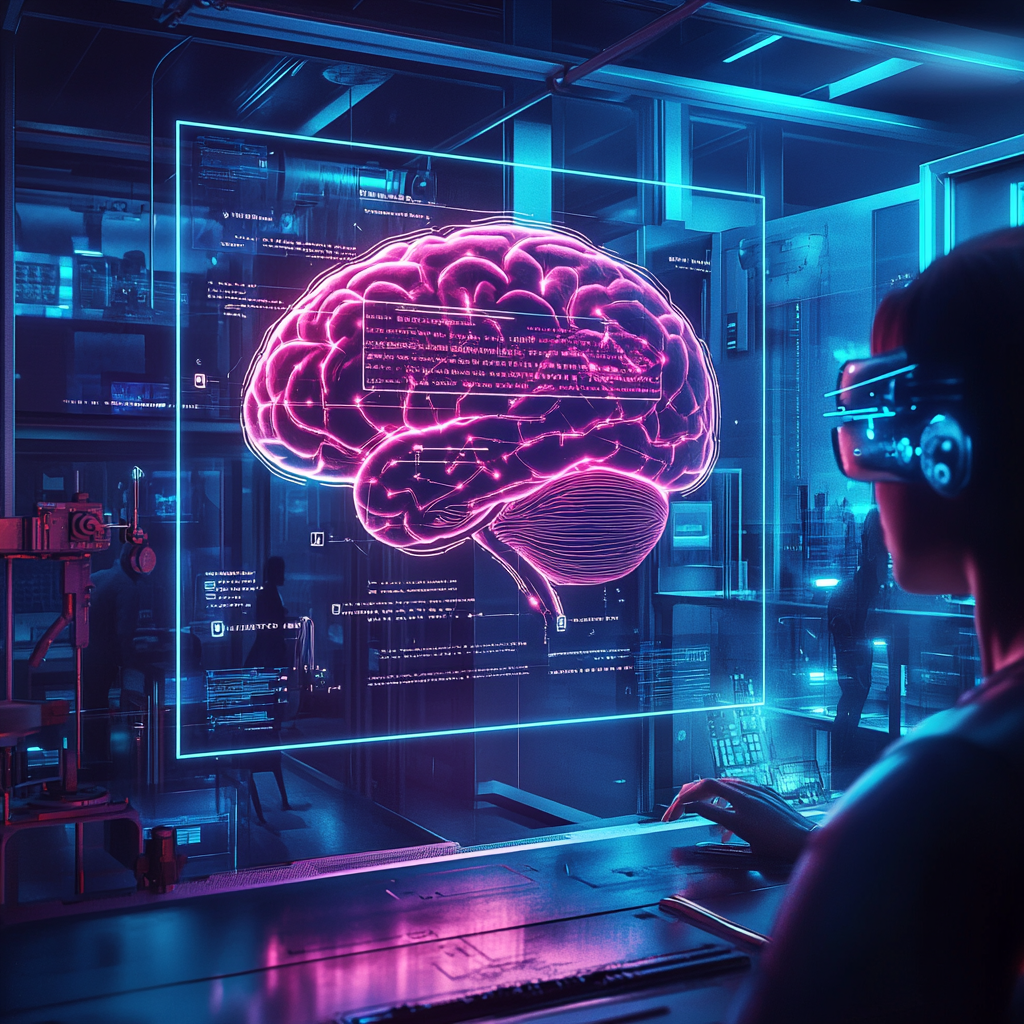It would seem that collaborating with AI depends mainly on the system’s functionality, the interface, or the user’s education level. Meanwhile, scientists from Ludwig Maximilian University in Munich and Waseda University in Tokyo have discovered that something more subtle may be key: culture.
AI in Japan and the USA – two different approaches to collaboration
To better understand how culture influences our willingness to collaborate with machines, a team of researchers from Munich and Tokyo conducted a series of experiments based on classic economic games: Prisoner’s Dilemma and Trust. In the study, participants from Japan and the United States interacted with both other people and artificial intelligence agents, choosing between selfish behavior and cooperation. The results turned out to be telling: Americans more frequently leveraged AI’s cooperative behaviors, trying to “rob” the machines of bonuses for fair play. For many of them, the AI agent was not a partner, but an opponent. Meanwhile, participants from Japan treated machines with a similar level of respect and trust as they would humans, which suggests that their social empathy reflexes also extend to technology.






